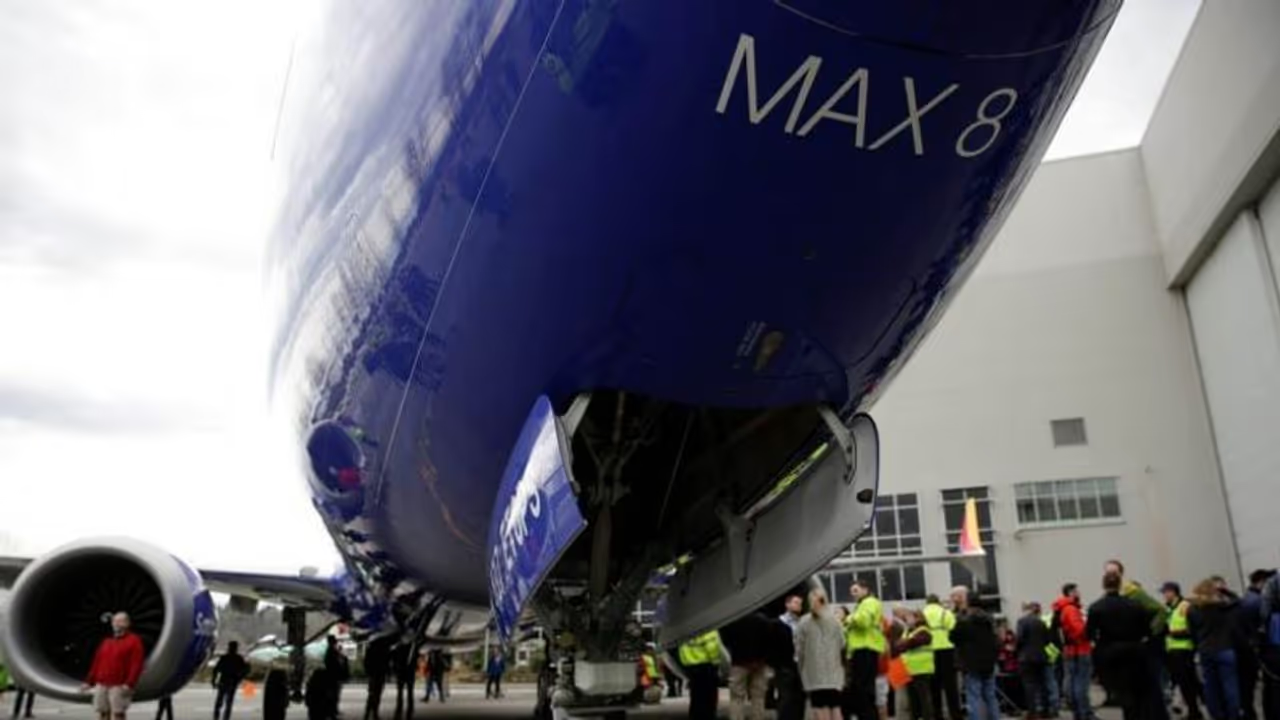The core problem, according to aviation experts, is that the pilots are not being trained on the Boeing 737 simulators, which in turn is hindering their ability to take sudden decisions and control the plane during the crisis.
New Delhi: Following the grounding of the Boeing 737 Max aircraft across the world, the Directorate General of Civil Aviation (DGCA) instructed captains and their co-pilots to have a minimum of over 1000 and 500 hours of flying experience on the same aircraft.
The instructions received severe criticism as it was pointed out that both the aircraft that crashed had experienced pilots and the fault lay with the operating system.
This why Boeing 737 Max may crash
The core problem, according to aviation experts, is that the pilots are not being trained on the Boeing 737 simulators, which in turn is hindering their ability to take sudden decisions and control the plane during a crisis. With very few training centres in the world, Boeing 737 Max pilots are having very less exposure.
In order to make the aircraft fuel efficient, several features were changed from the original design. Low landing gear on the aircraft has led to the installation of larger engines further up on the body of the aircraft. An upward pitched nose arising from larger engines can cause a decline in speed as well as lead to situations of stalling.
To curb the stalling and the nose-up issue, an automatic system called Maneuvering Characteristics Augmentation System (MCAS) was incorporated in all aircraft. The function of the MCAS is to detect the nose up the stance of the aircraft and to force them down. While this function serves a purpose, sometimes it does so inaccurately.
Also, pilots are unable to pull down from a downward nosedive on time as they are unable to correct the MCAS manually. While it is clearly established that the MCAS played a part in the crash of Lion Air, it is yet to be proven in the case of the recent Ethiopian Airline crash.
The US Federal Aviation Administration has rejected to ground the Boeing 737 Max aircraft, however, safety experts believe that flying with untrained pilots in unfamiliar circumstances can be the main reason for such accidents.
